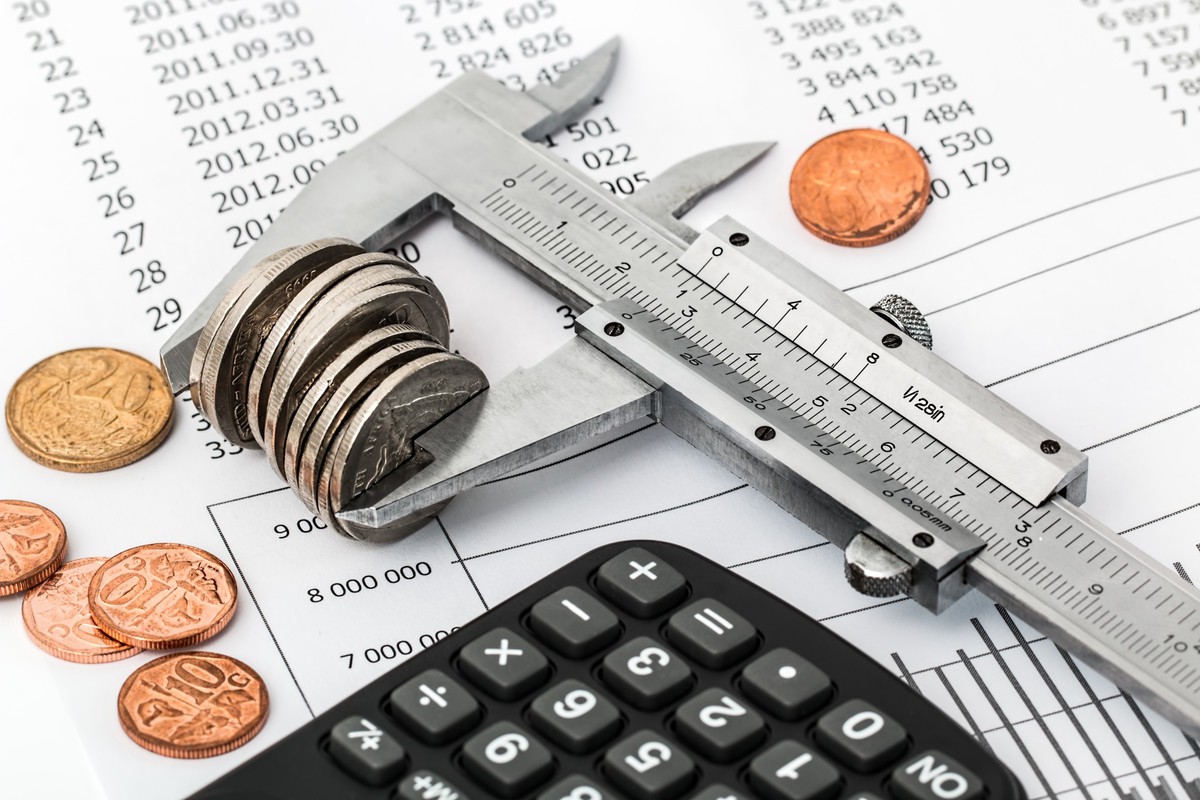If you want to have more money in your pocket, a great thing you can do for yourself is getting your spending under control.
Budgeting allows you to create an emergency fund, handle credit card debt, tackle student loans and get a better handle on your personal finance as a whole.
By taking the time to create a budget, you can put a lot of your financial woes at ease and make them a thing of the past. With this in mind, you’ll need to learn the ins and outs of budgeting and why it is important.
Read on to learn more about the importance of budgeting, and our top budgeting tips you can apply to your everyday spending.
Why Is Budgeting Important?
Before you set out to create a budget, you need to know why it’s crucial. Simply put, having a budget is a necessity for any household, no matter your walk of life or what you are hoping to accomplish.
With this in mind, consider the following points as you start considering your budgeting needs:
1. Improve Your Cash Flow
Navy Seal Jocko Willink preaches the adage, “discipline equals freedom”. You can see the rationale behind this philosophy when you look at how it applies to finance.
By taking a little bit of time to get disciplined and create a budget, you’ll have a lot more cash flow and a lot less stress. Conversely, living and spending undisciplined will likely have you feeling like you’re stressed out since you are living in a prison of financial debt and an inability to address your needs.
When you have more cash flow you have more options. Even if you don’t run out and spend it, you will absolutely appreciate the additional money in your bank account each pay period.
2. You Can Avoid Financial Emergencies and Unexpected Expenses
Many people are a missed paycheck or two away from being homeless. They don’t have enough money in their checking account or savings account to handle anything more than their everyday expenses. Having a monthly budget helps to prevent finding yourself in these financial situations, and you will be better able to address emergencies whenever they come along.
You will curb overspending and will be prepared for any common emergency — no matter the amount of money it costs.
3. You’ll Be Able to Set Aside Some Savings
Studies show that close to 30 percent of Americans have absolutely no money saved in the bank.
Finding yourself in this boat is perilous to both your financial life and your personal life. When you have a budget set up, you can more easily find money in your income to set it aside for a rainy day.
What is the 50/30/20 Budget Rule?
Now that you know why budgeting is important, you can move forward and start creating a budget. More importantly, you can adopt the 50/30/20 budget rule.
Here’s what you need to know about both:
1. Start Now
Don’t wait until you have fancy software and spreadsheets to start a budget. Even if you create a rough budget in your head that you apply for each paycheck, you’ll be better able to make correct decisions.
Waiting for the perfect circumstances to start budgeting is actually a form of resistance that can find you in even deeper financial trouble the longer you wait.
2. Understand and Implement the 50/30/20 Budget Rule
Currently, one popular budget model you can implement is the 50/30/20 budget rule. With this budget, you’re setting aside 50 percent of your money for needs, 30 percent for wants and 20 percent for savings.
This is a very realistic type of budget since it makes provisions for the fun items in life, while still instilling some discipline. It also allows you to build a nice nest egg so that you can deal with any financial shortfalls that come about.
The simplicity of this plan is where the beauty lies since it is the type of budget that anyone can put into play. All you need is a calculator to figure out your post-tax income, and the willingness to follow through with the budget. With that said, you need to be willing to stick to this budget if you want results — especially when it’s difficult to.
3. Continuously Tweak and Hone Your Personal Budget to Your Needs
By using the 50/30/20 rules of thumb, you’ll be able to get your spending under control. You can make this plan your own by adding details and continuously honing it based on your needs and your lifestyle.
This is the difference between making a personal budget that works, and one that is arbitrary and not helpful to your life. Be willing to audit your budget each month and tailor it to fit financial goals as they come about.
When you take an honest look at your budget, you might find that you’re paying too much for your mortgage loan, or that there are other expenses that can be scaled back.
4. Make Use of the Best Budget App You Can Find
There are a number of apps you can use to help you out with your budgeting needs.
Some of the best budget apps that you can use include Mint, Wally, PocketGuard, and Personal Capital. Each app serves different needs, so you’ll want to try them out and see which are the most worthwhile based on your lifestyle and financial goals.
Many budgeting apps will connect directly to your debit card or checking account and let you know exactly how much spending money you have in real-time. You can track your monthly income and monthly expenses from the convenience of your cell phone and will have access to several budgeting tools to make you more financially savvy.
Use these apps side by side with the 50/30/20 rule to make sure you’re getting detailed and precise about your budget.
Make the Decision to Prosper Financially
As you can see, budgeting is incredibly important for a prosperous financial life. By adopting the 50/30/20 budget rule, you’ll be in a better position to tackle all of the expenses in your life that come about.
This is a matter of personal finance that can help you build your emergency fund and hit any financial goals that you have now or in the future.



